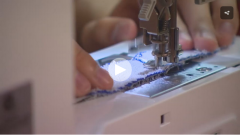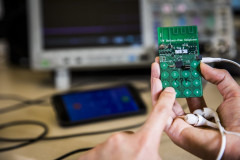A shirt that doubles as your password? UW researchers creating ‘high-tech’ fabrics http://komonews.com/news/local/uw-researchers-creating-high-tech-fabrics-that-can-store-data

“This smart fabric doesn’t need electronics or batteries, but it can encode data readable by a magnetometer like the one in your phone.” https://www.technologyreview.com/s/609264/your-next-password-may-be-stored-in-your-shirt-cuff/
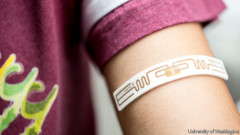
Checkout coverage of our long range backscatter system on Economist. https://www.economist.com/news/science-and-technology/21728866-long-range-frugal-new-chip-could-be-just-what-smart-city-needs-clever-way Also check out other coverage: https://spectrum.ieee.org/tech-talk/telecom/wireless/lowpower-sensors-use-backscatter-to-transmit-data-several-kilometers
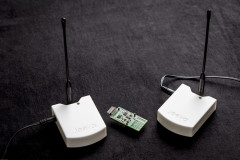
Our recent work on LoRa backscatter breaks the long held belief that backscatter is a short-range communication system. http://longrange.cs.washington.edu/
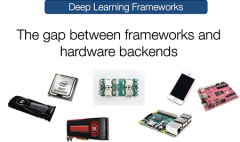
With TVM, researchers and practitioners in industry and academia will be able to quickly and easily deploy deep learning applications on a wide range of systems, including mobile phones, embedded devices, and low-power specialized chips — and do so without sacrificing battery power or speed. Learn more about this project: Read More ...
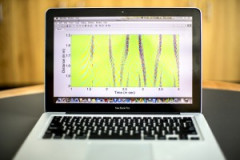
Smart devices and appliances are becoming increasingly prevalent, but as a consequence of adding these connected devices such as smart TVs, phones, and hubs like the Amazon Echo to our homes, there are an increased number of connected speakers and microphones with access to our private environment. In this Read More ...

Check out our work on using music as a surveillance tool. This work is to appear at Ubicomp 2017. http://musicattacks.cs.washington.edu/
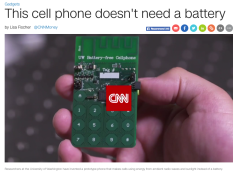
Check it out! http://money.cnn.com/video/technology/2017/07/10/battery-free-cell-phone-university-of-washington.cnnmoney/index.html
